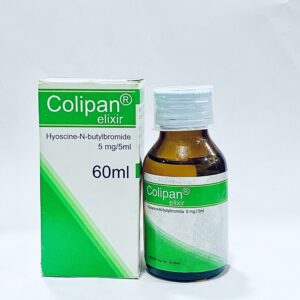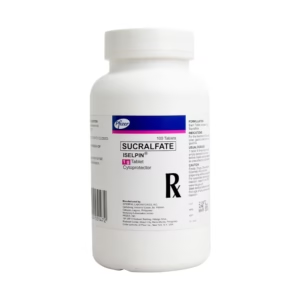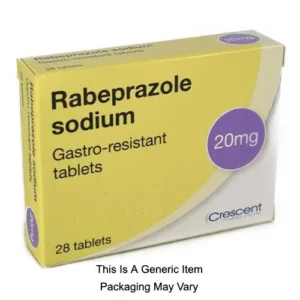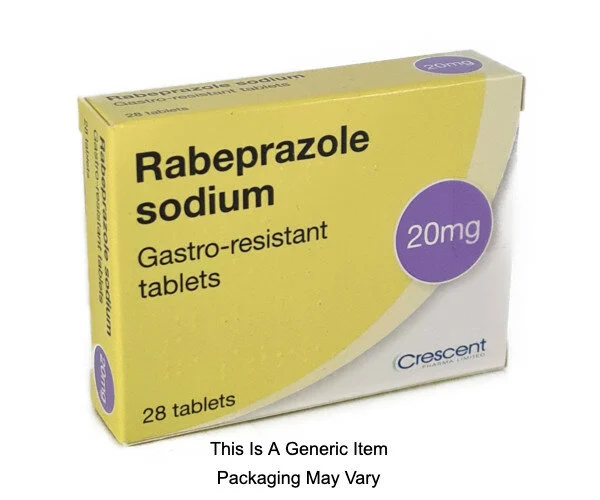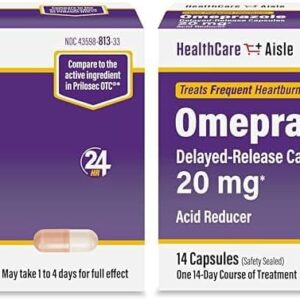-
Meclizine Hydrochloride
Meclizine Hydrochloride is an antihistamine used to treat motion sickness and vertigo.
Applications:
-
Prevents and treats nausea, vomiting, and dizziness from motion sickness.
-
Manages vertigo from inner ear disorders like Ménière’s disease.
Side Effects:
-
Common: drowsiness, dry mouth, and blurred vision.
-
Serious (rare): confusion, especially in older adults.
Br120.00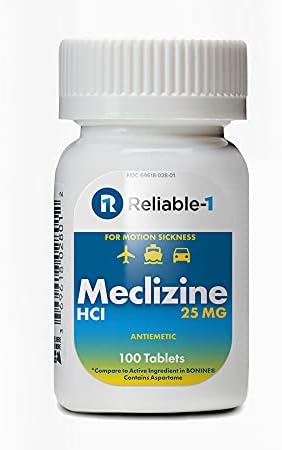
Meclizine Hydrochloride
Br120.00 Select options This product has multiple variants. The options may be chosen on the product page -
-
Granisetron Hydrochloride
Granisetron Hydrochloride is a 5-HT3 receptor antagonist used to prevent and treat nausea and vomiting.
Applications:
-
Prevents nausea and vomiting from chemotherapy and radiation therapy.
-
Used postoperatively to manage nausea and vomiting.
Side Effects:
-
Common: headache, constipation, dizziness.
-
Serious (rare): QT prolongation, allergic reactions.
Br120.00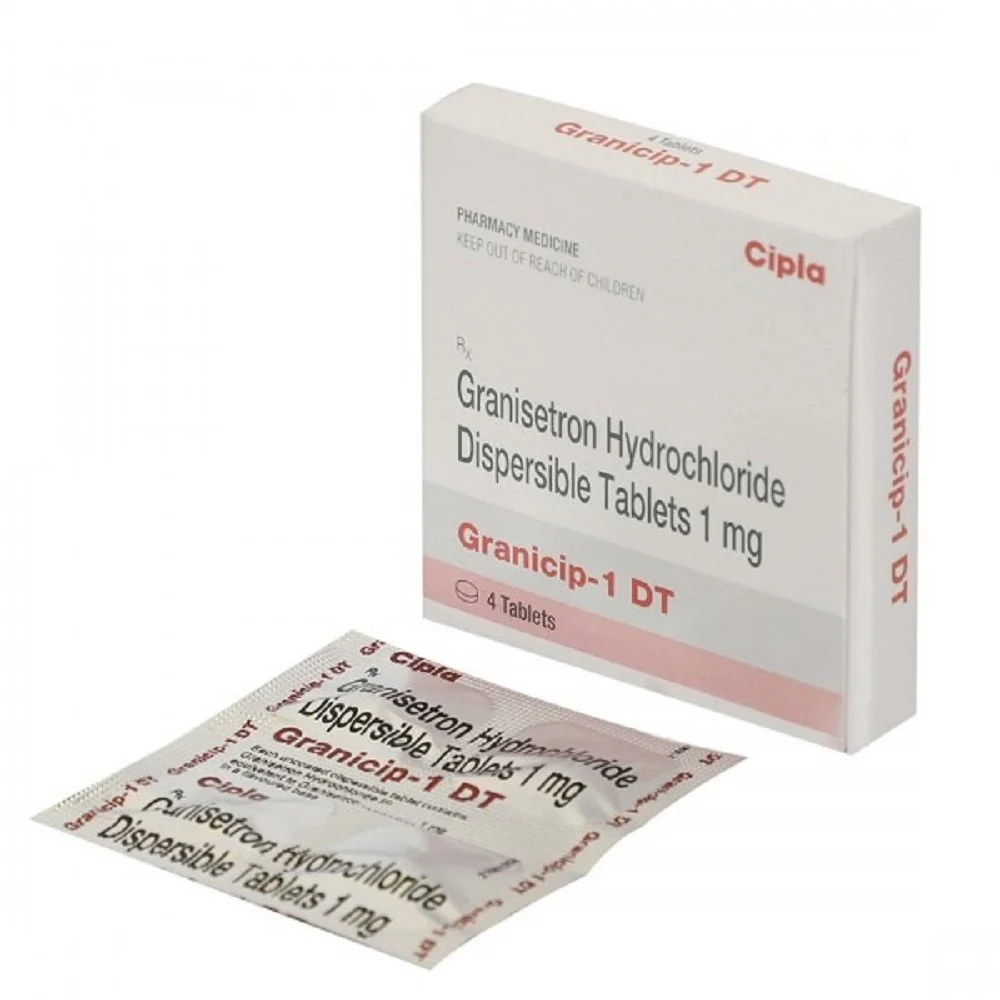
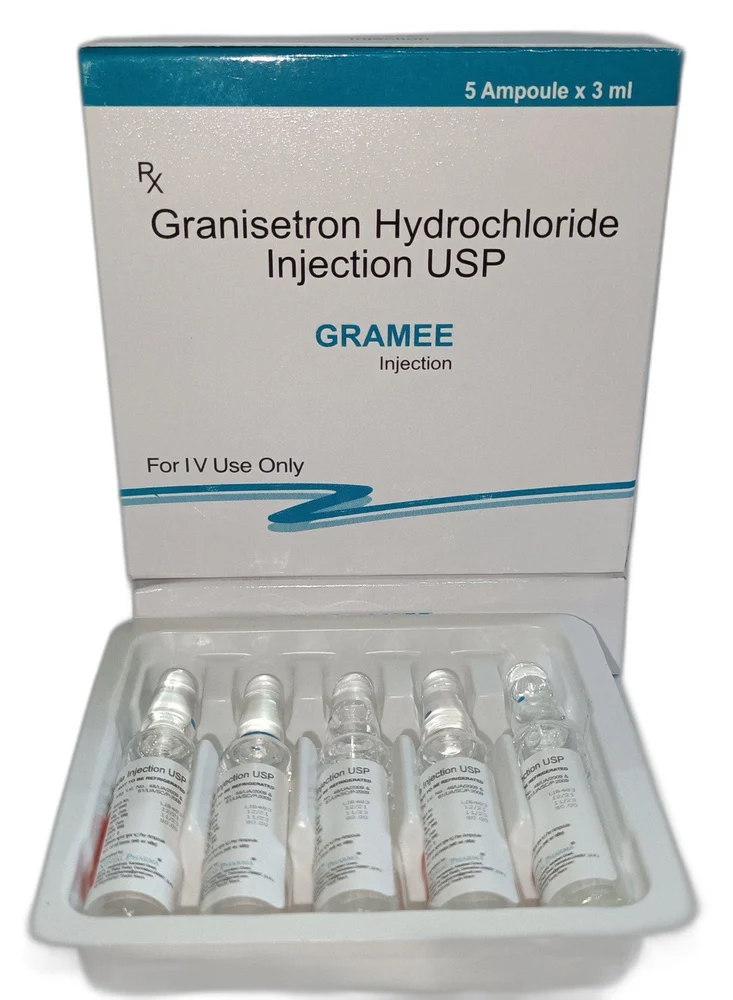
Granisetron Hydrochloride
Br120.00 Select options This product has multiple variants. The options may be chosen on the product page -
-
Fosaprepitant
Fosaprepitant is an antiemetic used to prevent nausea and vomiting caused by chemotherapy.
Applications:
-
Prevents acute and delayed nausea/vomiting from highly emetogenic chemotherapy.
-
Often used in combination with other antiemetics (like dexamethasone and a 5-HT3 antagonist).
Side Effects:
-
Common: fatigue, headache, hiccups, and constipation.
-
Serious (rare): infusion site reactions, allergic reactions, liver enzyme elevation.
Brands: Emend (IV).
Br120.00
Fosaprepitant
Br120.00 Select options This product has multiple variants. The options may be chosen on the product page -
-
Aprepitant
Applications:
Chemotherapy-Induced Nausea/Vomiting (CINV): Prevents acute/delayed nausea from highly emetogenic chemo (e.g., cisplatin).
Moderately Emetogenic Chemo: Used with dexamethasone + 5-HT3 blockers (e.g., ondansetron).
Postoperative Nausea/Vomiting (PONV): Alternative for high-risk surgeries (less common).Side Effects:
Common: Fatigue, hiccups, constipation, headache, loss of appetite.
Serious (Rare):-
Liver toxicity (elevated LFTs).
-
Hypersensitivity (rash, anaphylaxis).
-
Drug interactions (CYP3A4 inhibitor—affects warfarin, birth control, some chemo drugs).
Note: Avoid with pimozide (QT prolongation risk). IV form (fosaprepitant) available.
Br120.00
Aprepitant
Br120.00 Select options This product has multiple variants. The options may be chosen on the product page -
-
Hyoscine/Scopolamine Butyl bromide
Applications:
-
GI Spasms: Treats irritable bowel syndrome (IBS), diverticulitis, and abdominal cramps.
-
Biliary/Urinary Colic: Relieves pain from gallstones or kidney stones.
-
Endoscopic Procedures: Reduces intestinal motility during colonoscopy.
-
Menstrual Cramps: Eases dysmenorrhea (off-label use).
Side Effects:
-
Common: Dry mouth, dizziness, blurred vision (mild anticholinergic effects).
-
Serious (Rare):
-
Tachycardia (fast heart rate).
-
Urinary retention (especially in elderly men with prostate issues).
-
Allergic reactions (rash, anaphylaxis).
-
Br120.00
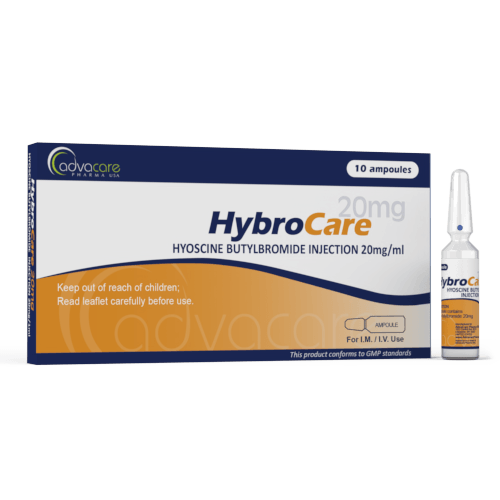
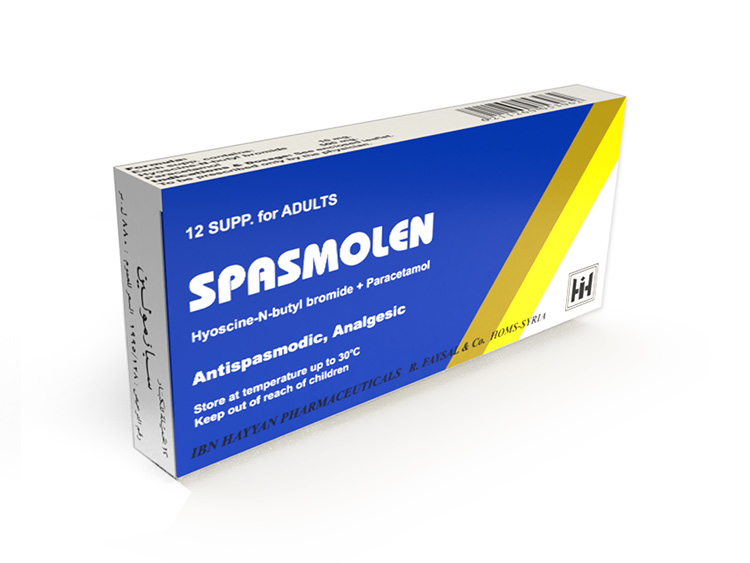
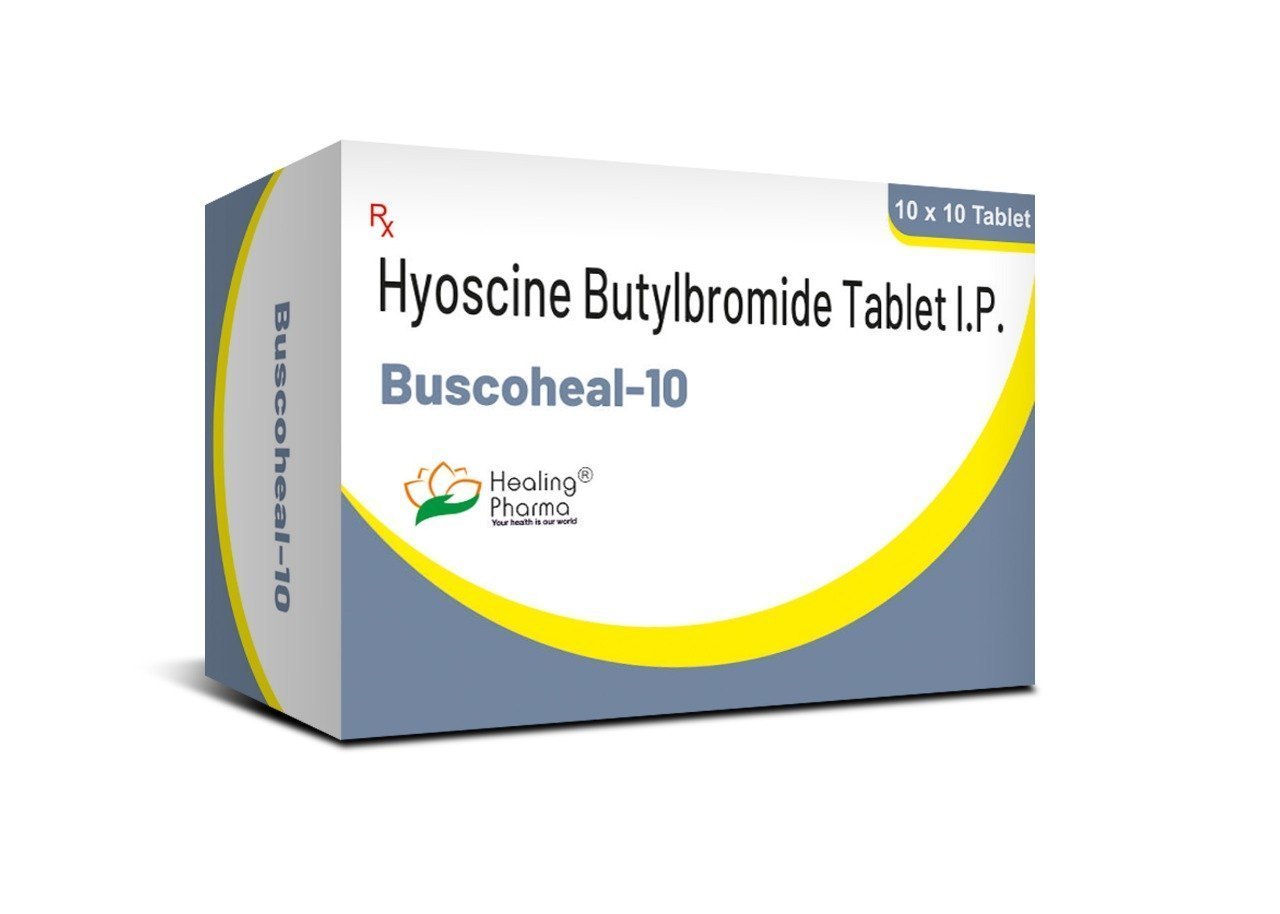
Hyoscine/Scopolamine Butyl bromide
Br120.00 Select options This product has multiple variants. The options may be chosen on the product page -
-
Sucralfate
Sure! Here’s a similar overview for sucralfate:
Applications:
- Used primarily to treat and prevent peptic ulcers by forming a protective barrier over ulcer sites in the stomach and intestines.
- Often prescribed for gastroesophageal reflux disease (GERD) and to manage conditions involving damage to the stomach lining, like gastritis.
- Can help in the healing of esophageal ulcers, as well as ulcers caused by nonsteroidal anti-inflammatory drugs (NSAIDs).
Side Effects:
- Common side effects include constipation, dry mouth, and mild stomach discomfort.
- Rare but serious side effects can include allergic reactions, severe abdominal pain, or difficulty breathing.
- Prolonged use may lead to malabsorption of nutrients like phosphate, which can cause low phosphate levels.
- In some cases, patients may experience dizziness or headache.
Sucralfate is typically considered a safe treatment, but like with any medication, it’s important to monitor for any adverse effects, particularly with long-term use.
Br120.00
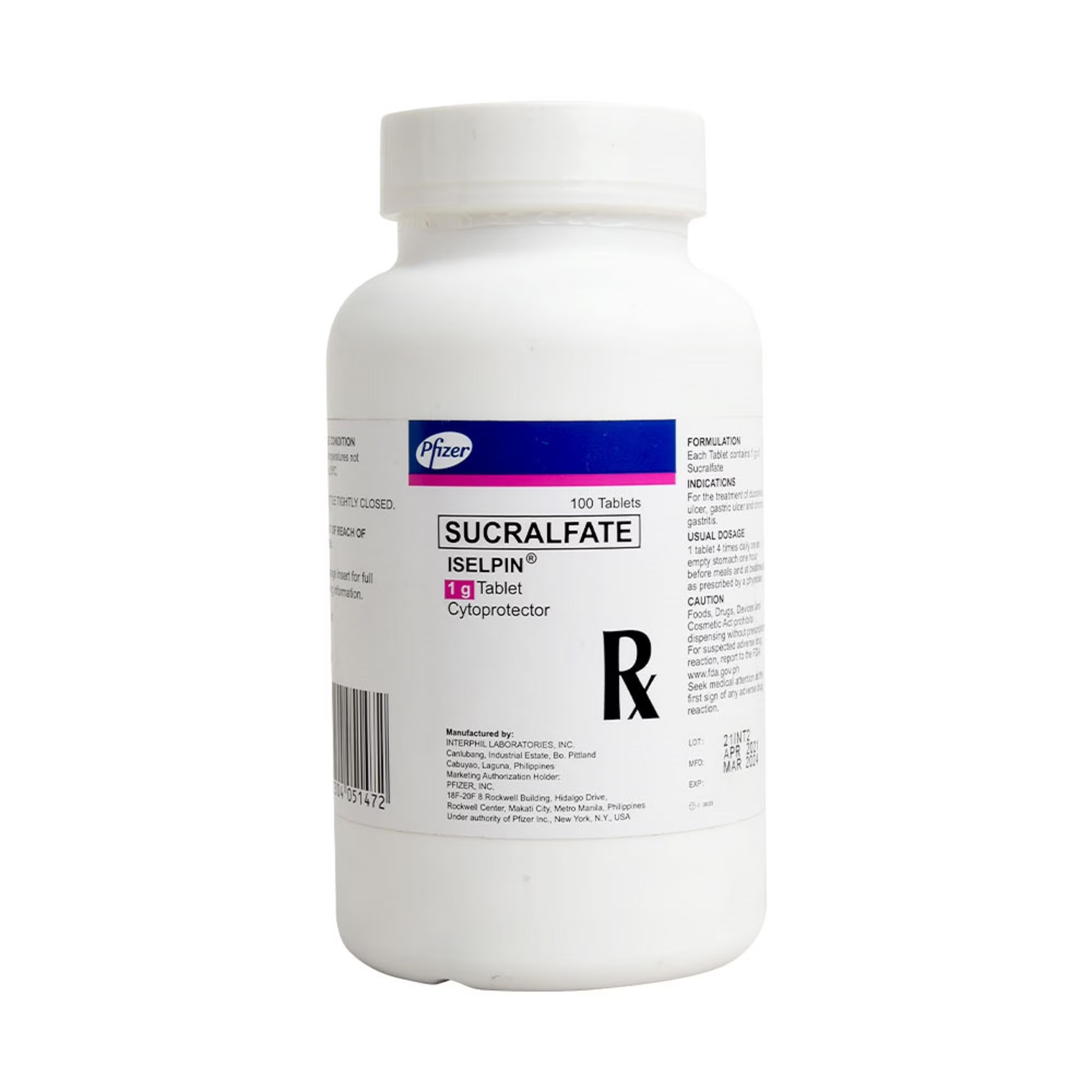
Sucralfate
Br120.00 Select options This product has multiple variants. The options may be chosen on the product page -
Rabeprazole sodium
Applications:
- Used to treat gastroesophageal reflux disease (GERD), erosive esophagitis, and peptic ulcers.
- Reduces stomach acid, promoting healing of the esophagus and ulcers.
- Effective in treating Zollinger-Ellison syndrome (excessive acid production).
Side Effects:
- Common side effects include headache, diarrhea, nausea, and abdominal pain.
- Rare side effects include low magnesium levels, bone fractures, and kidney issues, especially with prolonged use.
Rabeprazole sodium is a helpful treatment for acid-related gastrointestinal issues but, like other proton pump inhibitors, may lead to mild side effects such as headaches or stomach discomfort. Serious side effects are uncommon but should be monitored, especially during long-term use or in individuals with kidney concerns.
-
Omeprazole
Applications:
- Used to treat gastroesophageal reflux disease (GERD), peptic ulcers, and conditions related to excess stomach acid.
- Helps reduce acid production in the stomach, promoting healing and alleviating symptoms like heartburn.
Side Effects:
- Headache, diarrhea, nausea, and abdominal pain.
- In rare cases, it can cause kidney issues, low magnesium levels, or vitamin B12 deficiency with long-term use.
Omeprazole is effective in managing acid-related gastrointestinal conditions but may cause mild side effects like headache and stomach discomfort. Serious side effects are rare but should be monitored, particularly in individuals with kidney problems or those who use it long-term.
Br120.00
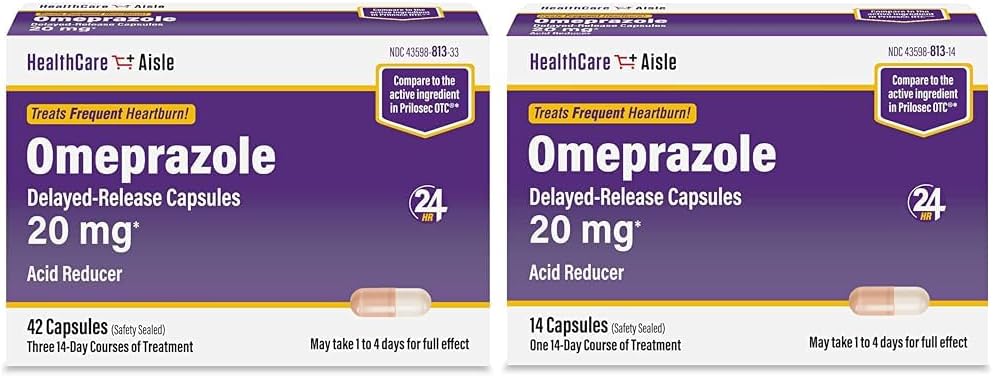
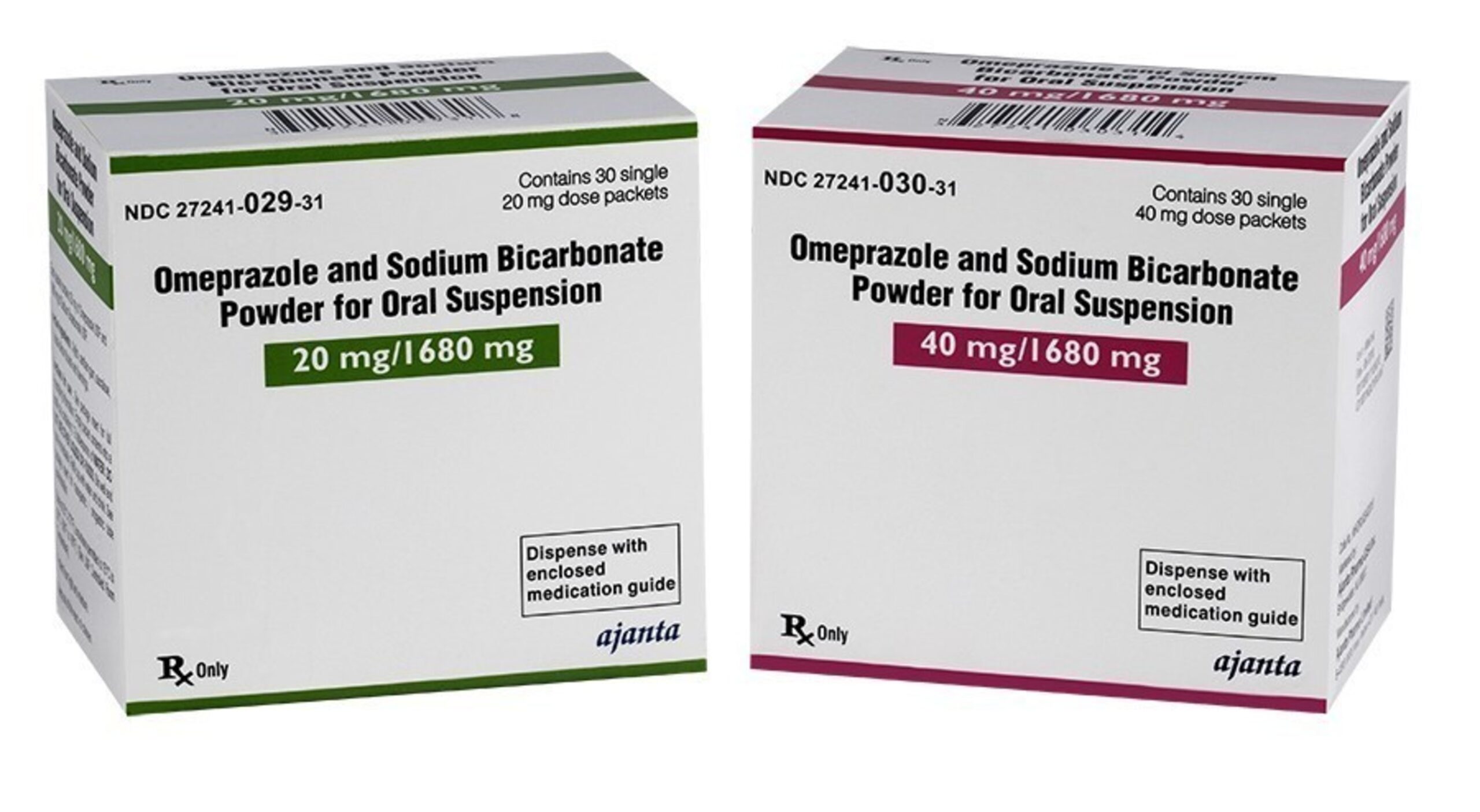
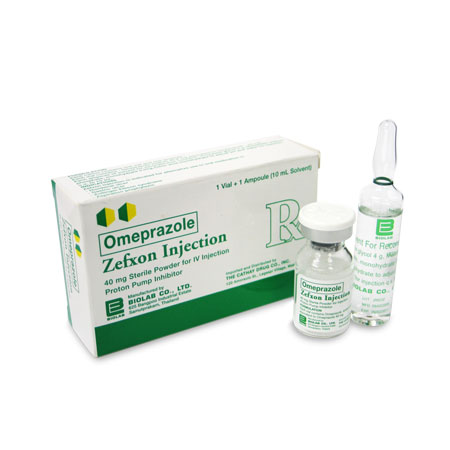
Omeprazole
Br120.00 Select options This product has multiple variants. The options may be chosen on the product page





